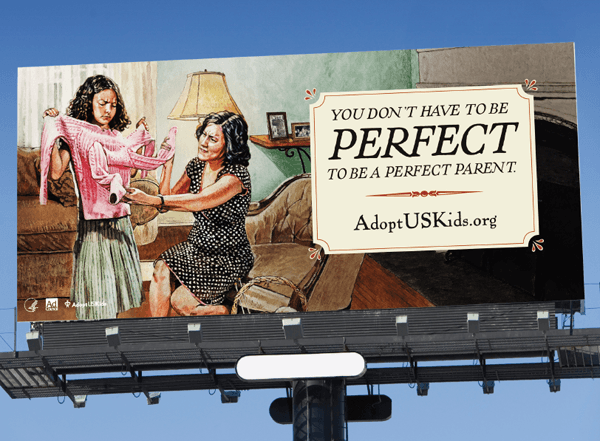Study: Children from Poor Parents, Even if they have a Drug Problem, do Worse if Put into Foster Care
The Lancet recently published a new study which shows that preschool children taken from their homes are twice as likely when they become young adults to have psychological problems and criminal convictions than those left in their own homes. Unlike previous studies, this long term, population-based study matched the children in foster care with children from families with similar sociological and economic demographics. As horrific as the outcomes are for children who are taken from their parents and placed into foster care, many policy makers, legislators, and our friends and neighbors continue to assert that foster care is necessary to protect children from abuse and harm. Billions of dollars are poured into the system, but the evidence consistently shows that the foster care system is not helping children. The majority of children, in the U.S. are taken for “neglect” – an ambiguous term that can be interpreted to include dirty dishes in the sink, playing outside in the yard, or simply being poor. Only 17% of the allegations against parents are “substantiated” or “founded” according to the 2016 Child Maltreatment Report by the U.S. Department of Health and Human Services. This is hardly the first study to look at outcomes comparing children in foster care and children left in "troubled" homes. There have been numerous other studies, and they all come to the same conclusion: children left in troubled homes with their families do far better than children put into foster care. How much more evidence do we have to see before we finally wake up as a society and recognize that the way we are doing things that we thought was helping is not actually helping? There are almost half a million American children in foster care at any given time. Many more have been in the system at some point during their childhood. At what cost to our children?



